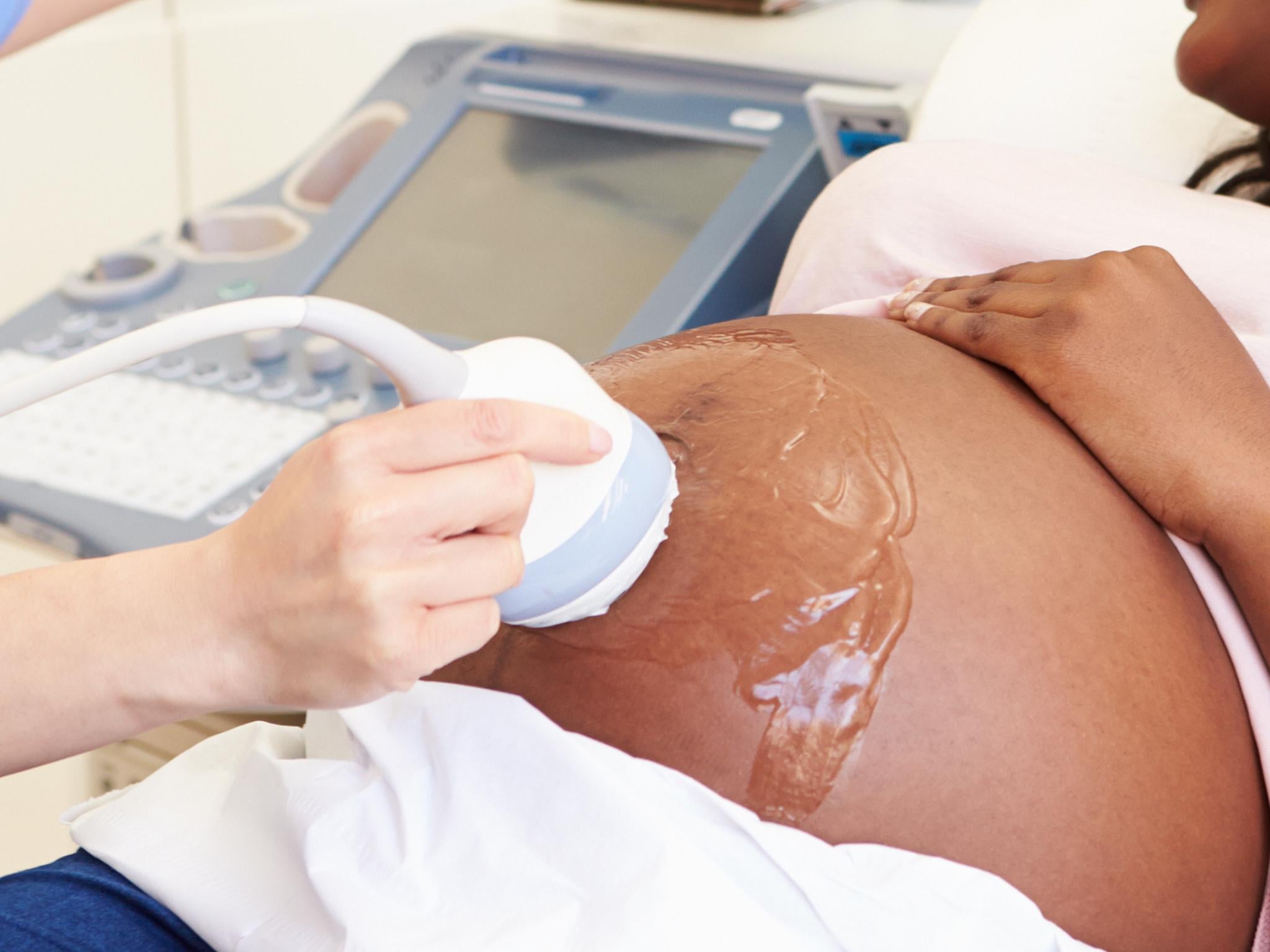Impact on child of stress during pregnancy may last a lifetime, study suggests
‘The effects of early life stress don’t just go away,’ says study’s author

Stress during pregnancy may inflict damage on a child that lasts a lifetime, a study suggests.
Researchers at Yale University found being exposed to the stress hormone while in the womb could permanently change many immune system reactions – reducing the body's capacity to keep bacterial infections at bay and fight tumours.
The study, published in the journal Cell, was conducted on mice, but its authors said their findings may help to explain why people vary so widely in their ability to ward off infections.
Ruslan Medzhitov, the senior author, said: “In all cultures, there are efforts to shelter women from stress during pregnancy. The effects of early life stress don’t just go away.”
Further studies could lead to the discovery of ways to reduce the molecular damage caused by stress, researchers said.
“We aren’t there yet," added Dr Medzhitov, an immunobiologist.
The study found mice that experience stress while they are in the womb and soon after they are born were likely to have immune system deficiencies during the course of their life which thwart the capacity to fend off infections and cancer.
Dr Medzhitov added: “Mice for rest of their lives are rewired and reprogrammed in ways fundamentally different from those not exposed to glucocorticoids”.
A recent study from King’s College London found the development of a baby’s brain could be adversely affected by a mother’s stress levels during pregnancy.
Researchers discovered babies whose mothers experienced more stress before giving birth could be born with an impaired part of the brain which has previously been linked to psychiatric disorders.
This came after a study in September last year found teenagers were twice as likely to be hyperactive if their mothers were anxious while they were pregnant.
Join our commenting forum
Join thought-provoking conversations, follow other Independent readers and see their replies
Comments
Bookmark popover
Removed from bookmarks